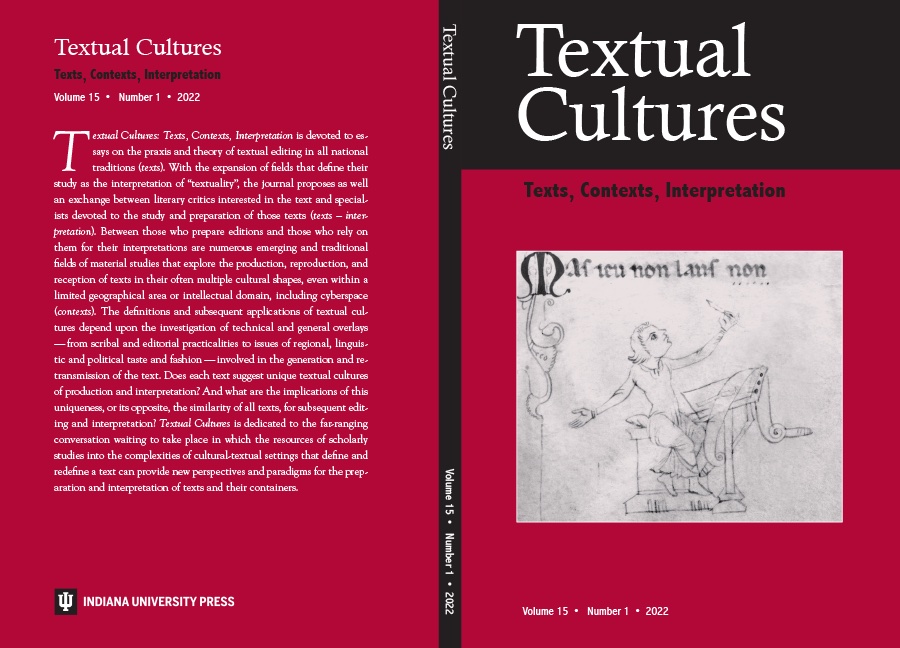The Scholarly Edition as Digital Experience Reading, Editing, Curating
Main Article Content
Abstract
What if the makers of digital scholarly editions reimagined the edition as an exhibition? There is no shortage of vision when it comes to reimagining the digital edition for the future, but innovation always lags behind vision. This affects in particular the call for reader-oriented editions. Digital scholarly editions are, on the whole, rich and useful resources developed to support the critical work of their users. But as resources they can also be complex and somewhat daunting, which does not make them “usable” for a broad spectrum of readers. Bringing curation into the editorial process can help make editions more inclusive and reach a wider readership. To do so is not to change the nature of the game or the purpose of the edition, but to think about simple solutions for how the data and editorial argument can be communicated more clearly and effectively. Though separate activities, curating and editing clearly intersect with one another in the creative-critical modes that they apply to historical artifacts. The aim of both is to contextualize, historicize, and mediate the past for the present. Borrowing some of the verbal, visual, and multimedia tools that curators employ in exhibitions can augment the edition, help guide the reader through the complex data, and support her in becoming the kind of relational reader that the digital scholarly edition envisions.
Downloads
Article Details
Authors who publish with this journal agree to the following terms:
- Authors retain copyright and grant the journal right of first publication with the work simultaneously licensed under a Creative Commons Attribution License (see:http://creativecommons.org/licenses/by/3.0/us/) that allows others to share the work with an acknowledgment of the work's authorship and initial publication in this journal.
- Authors warrant that their submission is their own original work, and that they have the right to grant the rights contained in this license. Authors also warrant that their submission does not, to the best of your knowledge, infringe upon anyone's copyright. If the submission contains material for which an author does not hold the copyright, authors warrant that they have obtained the unrestricted permission of the copyright owner to grant Indiana University the rights required by this license, and that such third-party owned material is clearly identified and acknowledged within the text or content of their submission.
- Authors are able to enter into separate, additional contractual arrangements for the non-exclusive distribution of the journal's published version of the work (e.g., post it to an institutional repository or publish it in a book), with an acknowledgment of its initial publication in this journal.
